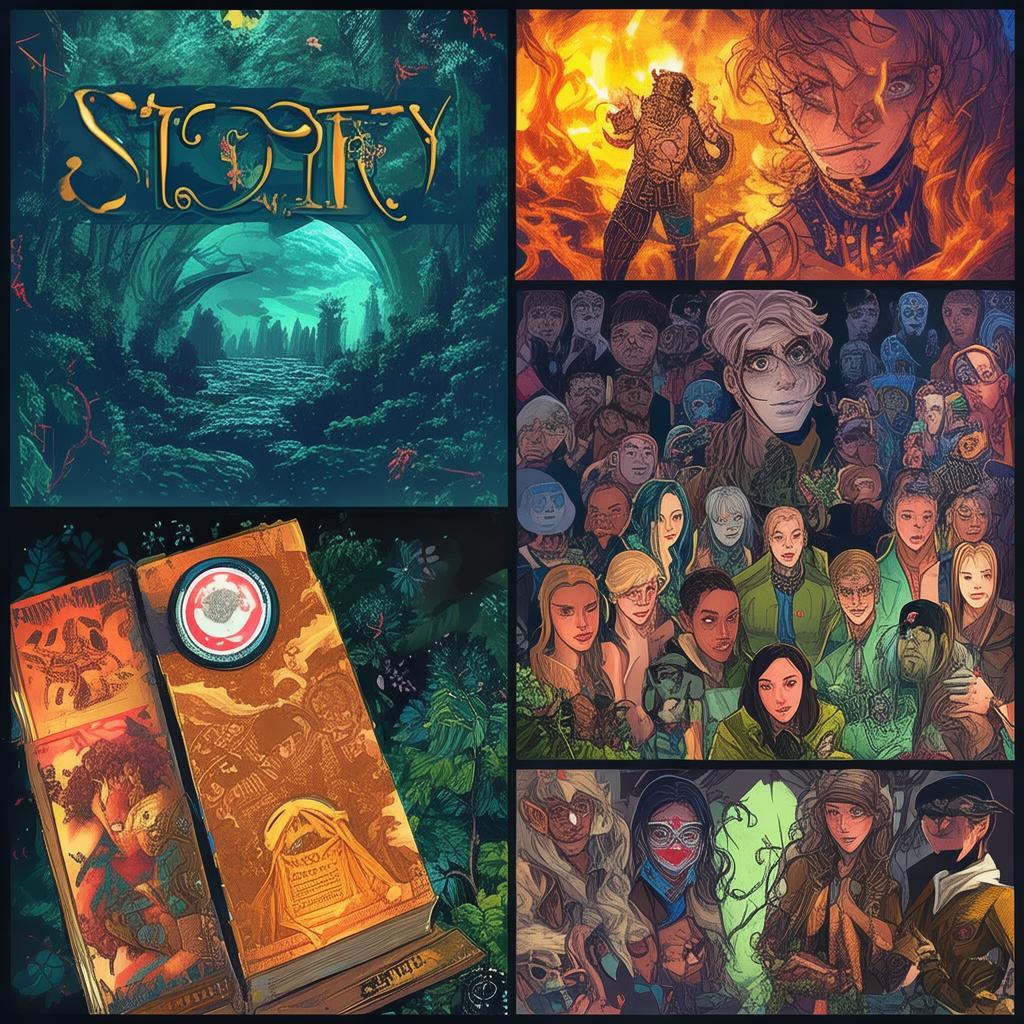The Symphony of Shadows: A Tale of Redemption and Harmony
The concert hall was draped in darkness, save for the soft glow of the stage lights that caressed the grand piano and the strings of a hundred silent violins. In the center of the stage, a man stood, his fingers trembling with anticipation. His name was Elias, and the instrument in his hands was not just a violin; it was a relic of his past—a symbol of both his greatest triumph and his deepest sorrow.
Elias had once been a prodigy, his fingers dancing effortlessly over the strings, weaving melodies that captivated audiences. But beneath the applause and admiration, a shadow had grown, darker with each passing year. His mother had been a celebrated opera singer, and her voice had been the first to break his heart when she left him for a younger lover. The instrument she had left behind became his confidant, his companion in solitude, and his conduit to the music that had once filled his home with harmony.
The night of the concert was different. The hall was filled not with the usual audience, but with people who had known Elias from his childhood. There were whispers and murmurs as they took their seats, the anticipation in the air palpable. Elias closed his eyes, the weight of expectations heavy upon his shoulders.

He began to play, his fingers tracing the familiar notes with a precision that spoke of years of practice. The music swelled, a rich tapestry of sound that seemed to envelop the room. The audience was mesmerized, their eyes closed, their hearts opening to the music.
Then, as the melody reached its crescendo, Elias stopped. The room fell into silence, a heavy hush that seemed to hang in the air. "I've been playing this piece for years," he began, his voice a mere whisper. "But tonight, I want to share something new."
He turned to face the audience, his eyes searching their faces. "I want to play something that isn't just music—it's a piece of my soul."
Elias reached for his violin, and as he did, the darkness of the stage seemed to recede. The music that flowed from his fingers was raw, emotional, a testament to the pain he had carried for so long. It was a symphony of shadows, a melody that told the story of his mother's departure, his father's silence, and the loneliness that had followed him like a ghost.
As the last note resonated in the hall, there was a collective intake of breath. Elias opened his eyes, and for the first time in years, he saw genuine emotion in the faces of the people around him. They were moved, not just by the music, but by the man who played it.
The next piece was different. It was a simple tune, one that his mother had often hummed while she cooked dinner. Elias played it with tenderness, his fingers gliding over the strings with a gentle touch. The music was like a balm, healing the wounds of the past, and the audience felt it, too.
As the concert drew to a close, Elias felt a sense of peace he had not known in years. He had found a way to connect with the world, not just through his music, but through the stories and emotions that the music conveyed.
The applause was thunderous, and Elias bowed deeply, his eyes wet with gratitude. He had played his final piece, a composition that he had named "Harmony," a tribute to the power of music to heal, to bring people together, and to create a bond that transcended words.
In the days that followed, Elias received letters and messages from people who had been touched by his performance. They spoke of the emotions the music had stirred, of the memories it had brought to light, and of the hope it had given them. Elias realized that his music had done more than just entertain—it had connected him with others, had created a harmony that extended far beyond the walls of the concert hall.
And so, Elias continued to play, his music becoming a bridge between his past and his future, a testament to the power of redemption and the harmony that can be found in the most unexpected places.
The story of Elias and his music spread like wildfire, a viral testament to the power of interpersonal connections and the healing power of music. It was shared, discussed, and debated, a reminder that sometimes, all it takes to bring people together is a single note, a single melody, a single soul.
✨ Original Statement ✨
All articles published on this website (including but not limited to text, images, videos, and other content) are original or authorized for reposting and are protected by relevant laws. Without the explicit written permission of this website, no individual or organization may copy, modify, repost, or use the content for commercial purposes.
If you need to quote or cooperate, please contact this site for authorization. We reserve the right to pursue legal responsibility for any unauthorized use.
Hereby declared.









